Peaches, is creativity a privilege?
It is. Actually, I think it should be a human right, but it's definitely a privilege. At the same time... What is creativity? Is it in everything you do? You know, whatever food you have, is it the way you cook it or the way you eat it? Does it have to be so separate from your daily life? Is it how you deal with whatever stress or whatever situation you're in and creatively find a way? Does your brain have enough room because of your situation to be creative, or can you always create that space? Is that a privilege of your own mind — or are you talking about personal creativity and being able to feel that in yourself?
Well, what is creativity for you?
I think I have a personal need for it… I want to bring creativity more into my daily life and see it in everything I do. I want to get away from it being ego driven. I want to bring it into daily life and feel creative just in how I look at myself in the mirror! I think that's healthy. But yes, I do think every kind of art is a privilege and therefore has a responsibility. Once you have any privilege, you have a responsibility to use it for a bigger purpose. As RuPaul would say, “With freedom comes responsibility.” (Laughs)
“Once it's written, it's not just my message, it's out there and people can view it, or take it, or hate it, or love it! And then you learn from that. ”
How would you describe the bigger purpose that informs your work?
I guess the message is just… Being authentic to yourself. I mean, it’s not like: this is what the message is, it’s more like whatever message I feel is represented without being preachy, that it’s out there in a way that's not going to stress people out. If that’s something like ageism, which I’ve talked about a lot, or even just dealing with my own inner turmoil or stress… It’s about making it inclusive. It’s very interesting because once it's written, it's not just my message, it's out there and people can view it, or take it, or hate it, or love it, or whatever. And then you learn from that. It helps your creativity, your growth.
Do you feel like these days, you can express everything you want to express? Are the doors really completely wide open for your creativity?
Yeah! I feel like I'm in this weird ground where I have, obviously, a reputation and a following. But I'm not super public, I’m not a pop star or anything like that. So I have this great middle ground where I can express what I want because nobody really cares, you know what I mean? (Laughs) I won't be protested; nobody would bother to protest me.
You’ve done some wild stuff — from your flamboyant costumes and often hardcore lyrics, to the countless racy performances… Maybe you’re just past the point of ever getting cancelled.
I do get banned from YouTube a lot! But yeah, nothing ever becomes a situation where I have to change what I'm doing.
In your early days, you and your bandmate once made it a point to never repeat any songs during your entire tour — so you ended up making up songs, shouting random words and nonsense…
That was such a bad decision!
Were you nervous taking that kind of risk so early on in your career?
I'm actually so happy we did that! We were opening for Elastica, so it wasn't even our tour. It’s funny, I ended up playing one those venues six months later alone, and they were like, “Oh, no, she's back… “ (Laughs) I think it was in Chicago, we played some place that I've never played again, but they said that we were the worst show that they've ever had. We were just making up stuff, almost trying to do improv, like, “Okay, give us a word.” I honestly don't know why we decided to do that. This was in the days before Peaches, so maybe it was because we didn't want to make it like: this is my part, this your part. We were just as experimenting, you know?
You once said that at the time, you didn’t care at all about selling albums or anything, you just loved being able to experiment like that.
I think it's healthy — because then you really do what you want to do.
And now? Is that freedom to experiment and take risks still essential for you as an artist?
I think the freedom these days comes with collaborating with musicians or dancers, lighting people, or sound designers, things like that… I also did my first solo art exhibition in 2019, and that was something I would consider a risk because I wasn't at the center of it. I used inanimate objects and gave them a kind of emotionality and performance… I really wanted somebody who had never heard of me to be able to go to this exhibition, and have a completely different experience. And those who knew me got excited that there was something different.
“People tell me that they understood who they were when they heard my music... I get that constantly, and I'm just so grateful.”
When it comes to your performances now, for example, is it harder to give people something that excites them, confuses them, or surprises them?
I think in my situation, people were a lot more confused when I was just starting out because it was the first time they’d heard this kind of thing. And now they're in on it. They're like, “I'm just gonna read the Wikipedia the night before I go, or watch a couple YouTube videos.” And then it's like they get it. It's different. But I think that there's something about my live performance that, once they get there, they're like, “Oh, I didn't expect this.” There's just an energy that brings it into a visceral experience. And I'm very interested in the visceral experience.
An early review of one of your shows called it a “hair-raising throwdown.” Apparently that was a description you really liked because it meant you were doing something right.
Yeah, it just felt good to me! This writer was the number one writer in Toronto at the time. There wasn't really an electronic scene or anything, so I understood that there was some kind of leap that she wasn't ready for, or willing to accept. She called it a hair-raising throwdown, like, “What was that?” So the idea of the confusion, not understanding what it was… That, to me, was not a deterrent. It was like, “Yes, this is the next step, this is the next level.” I felt good about that. You can feel it, you know? We can feel it.
Since then, critics have shifted to calling you fearless.
(Laughs) The fearless part… I mean, I think you just have to really want to say what you're saying and want to play the music you're playing. There has been so many times where people tell me that they understood who they were when they heard my music, or that it was an early sign for them wanting to be who they needed to be. I get that constantly, and I'm just so grateful. So, it’s about conviction in what you’re doing, whether it fails or not.
-
Chris Brown Wants Prisoners Fighting L.A. Fires To Have Sentences Shaved
Los Angeles, CA - Chris Brown has called for prisoners who have enlisted to tackle the Los Angeles wildfires to have their sentences cut.
-
BABYMONSTER announce three new Asia stops for 2025 ‘Hello Monsters’ world tour
The seven-piece will head to Singapore, Hong Kong and Bangkok this summer
-
Lil Wayne Breaks Silence On Kendrick Lamar's "Wacced Out Murals" Reference
Weezy said he understands.
-
The Corrs announce 2025 UK and Ireland tour
The outdoor shows include support from Imelda May and Natalie Imbruglia
-
Kesha Channels Goddess Venus in Stunning ‘Rebirth’ Playboy Shoot
The star is the publication's Spotlight of the Month.
-
Drake Seemingly Unfollows Timbaland Over Antisemitic Insult
Drake appears to have unfollowed Timbaland on Instagram after the legendary producer appeared to make an antisemitic joke at his expense.
-
Exclusive Interview with Will Preston
Exclusive Interview with Will Preston
-
Lil Baby’s ‘My Turn’ Crowned Biggest Rap Album Of 21st Century By ‘Billboard’
Lil Baby has cause to celebrate: not only does he have a successful new album out, his 2020 project My Turn was the most popular rap album of the century, going by its Billboard chart performance.
-
Fat Joe Credits Killer Mike With Inspiring Him To Come Out Of Retirement
Fat Joe has credited his return to Hip Hop with his album The World Changed on Me to one particular Grammy-winning rapper: Killer Mike.
-
Kendrick Lamar’s ‘Not Like Us’ Hits Major Streaming Benchmark
Kendrick Lamar‘s Drake diss “Not Like Us” received yet another honor recently, in addition to hitting number one two separate times, being named Top Rap Song of 2024, and being both the best-selling song and Apple Music’s most-streamed song of last year:
-
Charlamagne Tha God Calls Out Drake For Being “Petty” To LeBron James
Charlamagne Tha God recently weighed in on Drake's allegedly fake DMs that surfaced this week.
-
Fat Joe Credits Killer Mike For His Return To Rap
Fat Joe leans back into rap.
-
Los Angeles, CA - Chris Brown has called for prisoners who have enlisted to tackle the Los Angeles wildfires to have their sentences cut. Nearly 800 incarcerated firefighters have been deployed in L.A. since the enormous blazes began earlier this week and
-
Dody6 - 'Big Sandwich Freestyle'
-
LunchMoney Lewis Follows Hit Songs For Saweetie, Toosii & Coi Leray With "Dear Songwriter" 2-Pack
LunchMoney Lewis preps for big 2025 with hits for himself.
-
Smino - 'Dear Fren'
-
Sexyy Red - 'Fake Jammin'
-
EST Gee — “The Streets”
-
Royal Deb displays her Jamaican roots new reggae single “Somebody For Everybody”
Since Royal Deb was just a child in St. Ann, Jamaica, she has been immersed in the reggae music scene.
-
FP Relly releases one-two punch of hip-hop songs in “Enjoy the Life/Fast Money” off his newest album Perseverance Vol. 1.
Atlanta based rapper FP Relly has just dropped a brand new one-two punch of songs, complete with a music video, that will show how he enjoys life and strives to get that bag.
-
Indie Singer-songwriter Lizz Pens a Song for Healing in Latest Single ‘There’s A Place’
Singaporean singer-songwriter Lizz shares her recent single, “There’s A Place,” an ode to healing in the face of suffering and war.
-
Petty Human Emotions releases crowd pleasing rocker “Sadness,” off their new album Outside
Petty Human Emotions has released a fan favorite new single, “Sadness,” that singer and guitar-ist James Nardiello said is always a banger at their shows, and translates well onto record.
-
ASTAR Shines Brightly with Pop-Afro Single ‘TTL TTR’
Singer and philanthropist Astou Sandra Smith—better known as ASTAR—is set to release her latest single, “TTL TTR.”
-
T'Myh B Makes Falling in Love Fun Again with Latest Single ‘Honey’
Singer and songwriter Tamiyah Alexis Brown—known as T'Myh B—is doubling down on love with an upbeat single about taking the first step.

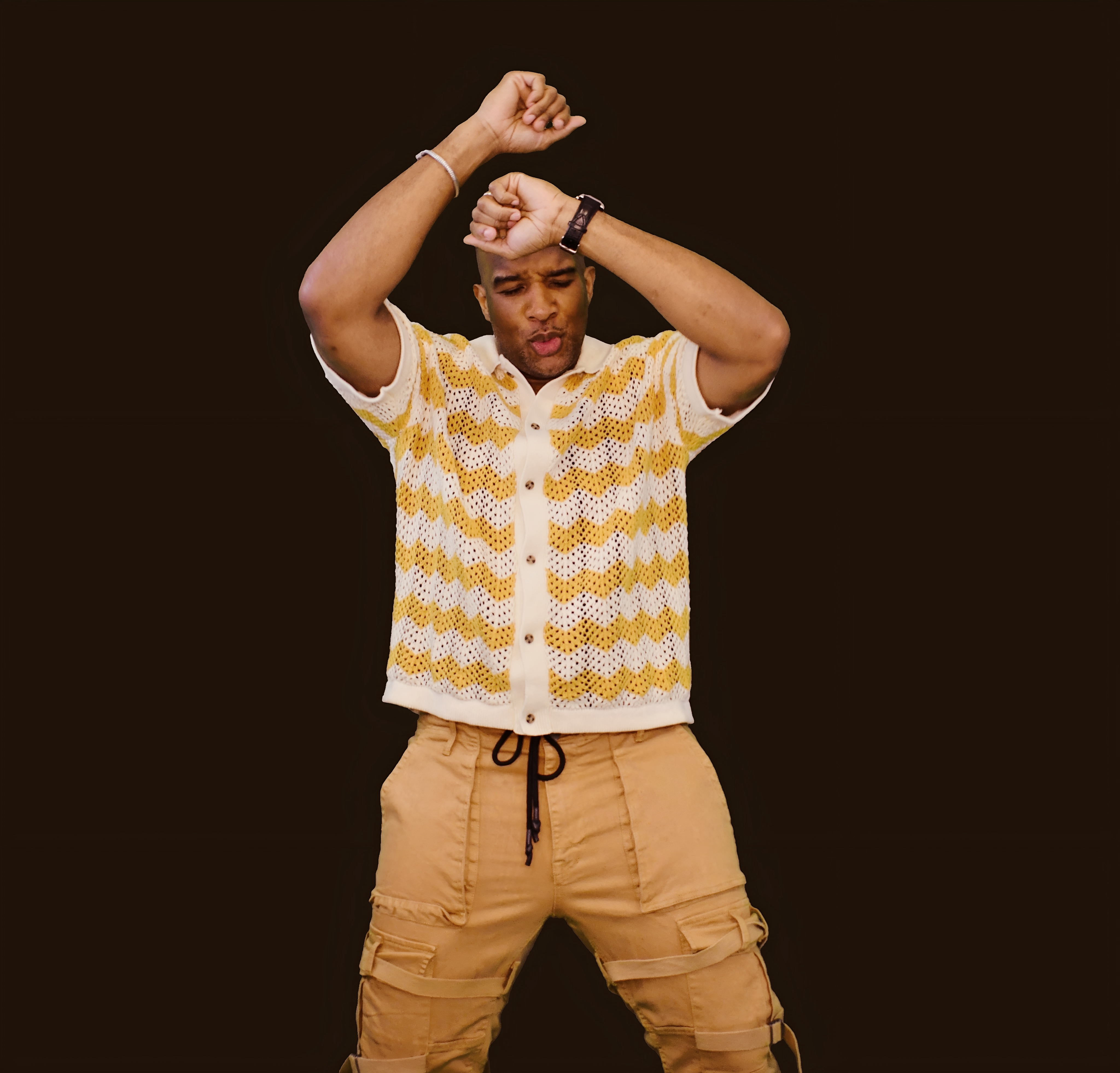
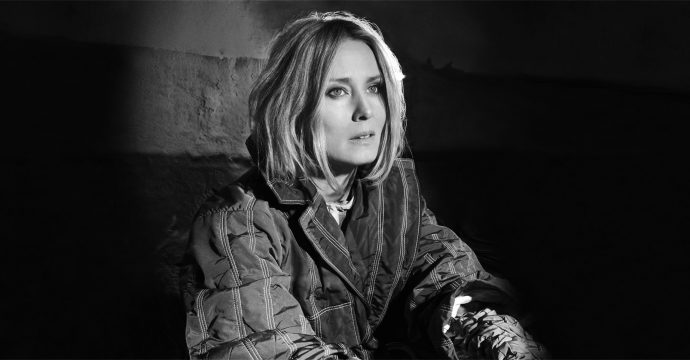
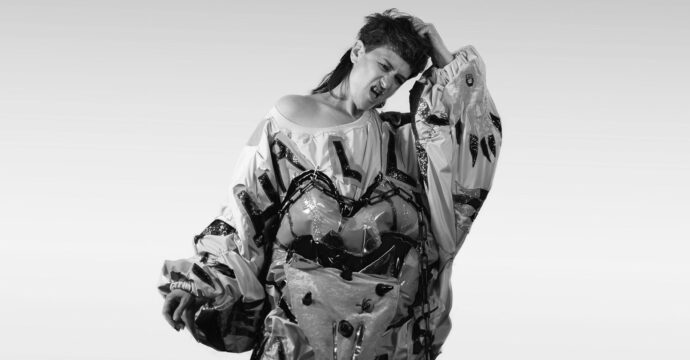
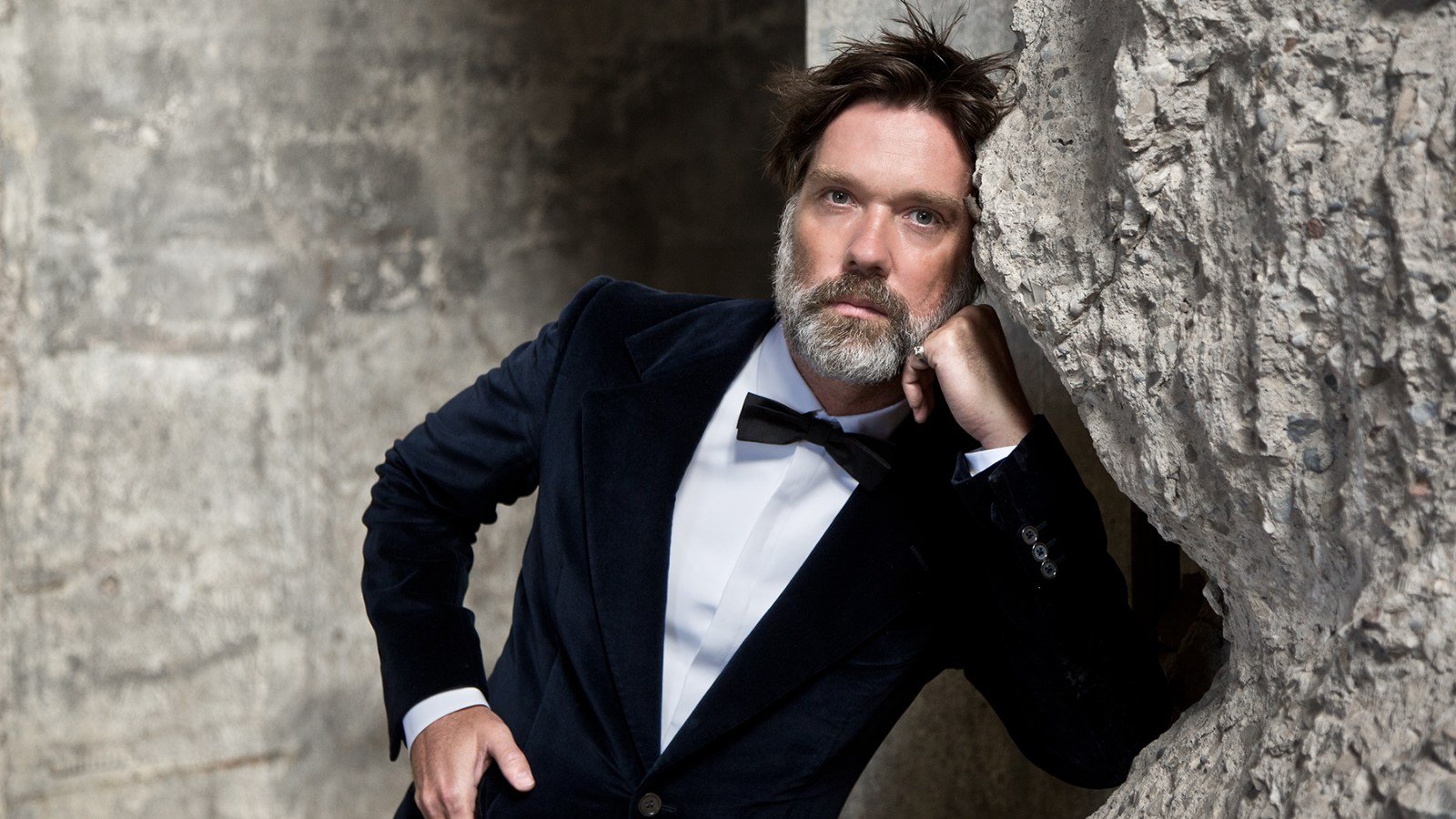
.jpg)
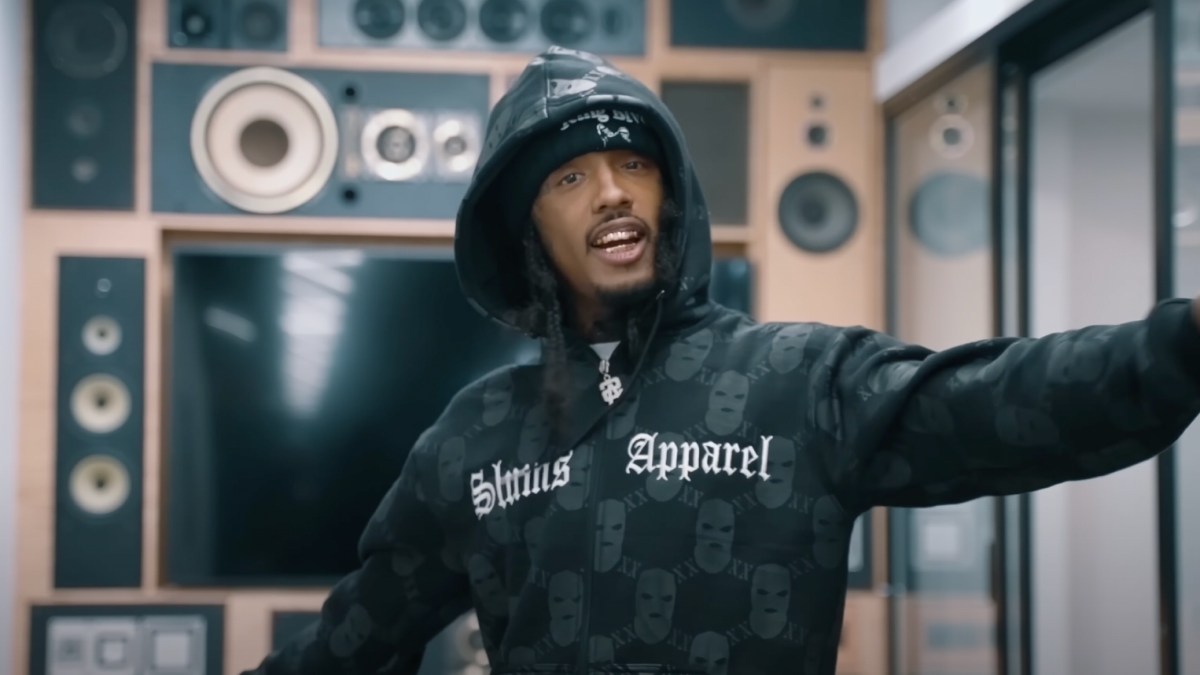
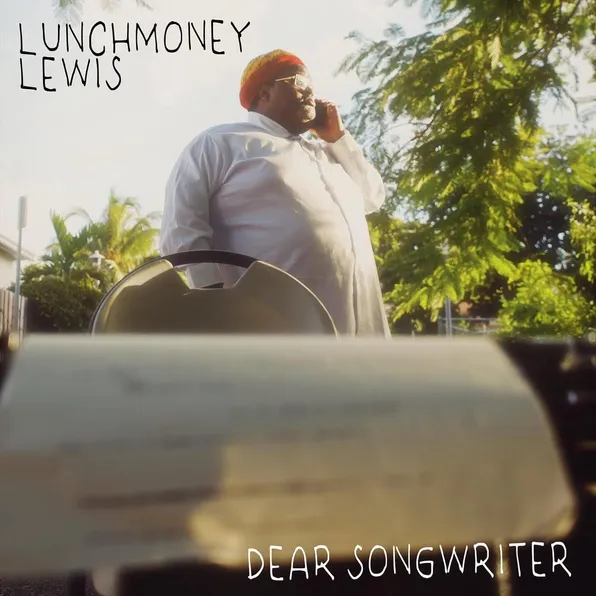
.jpg)


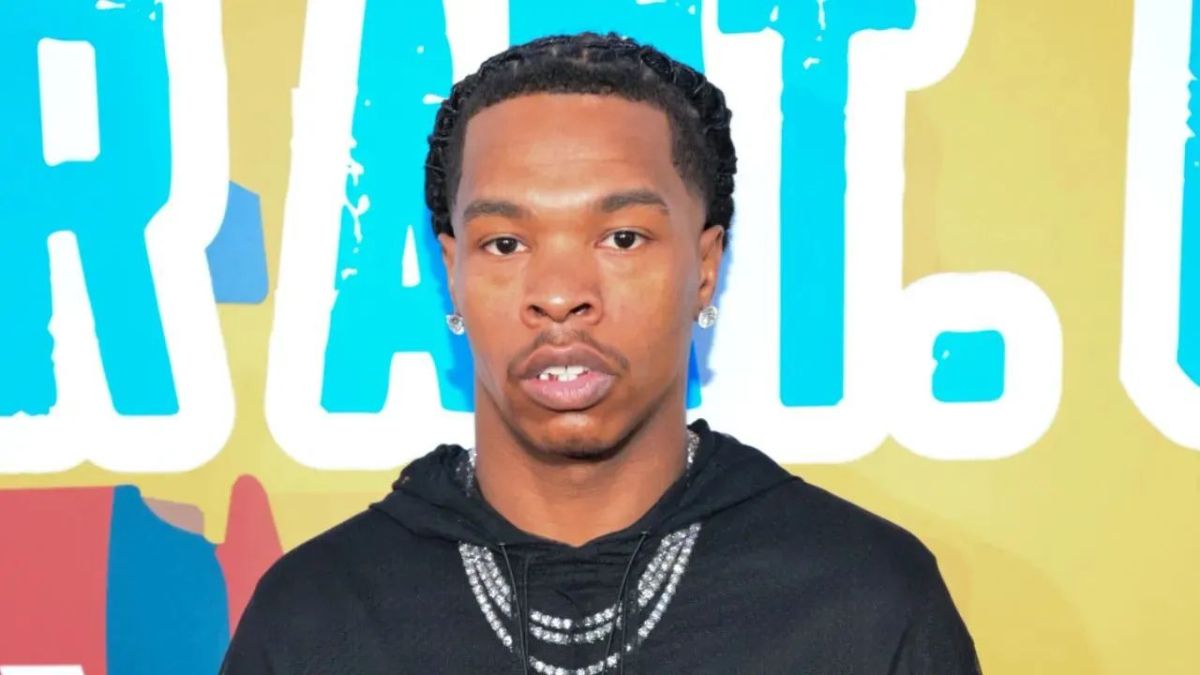
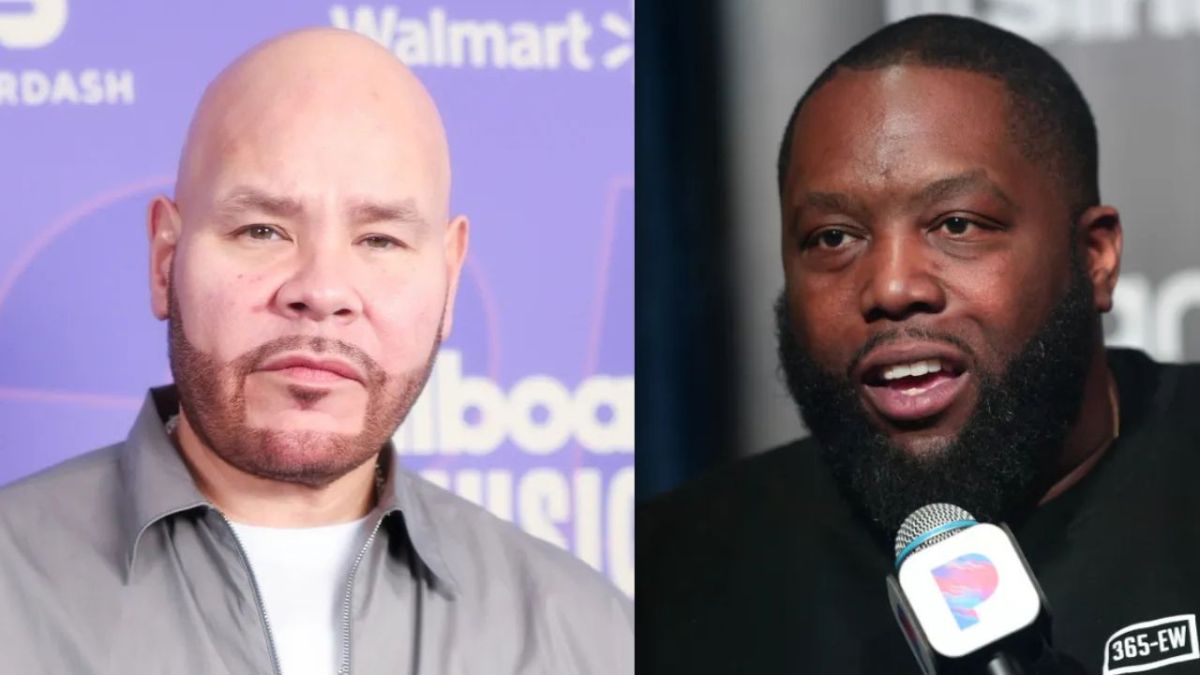
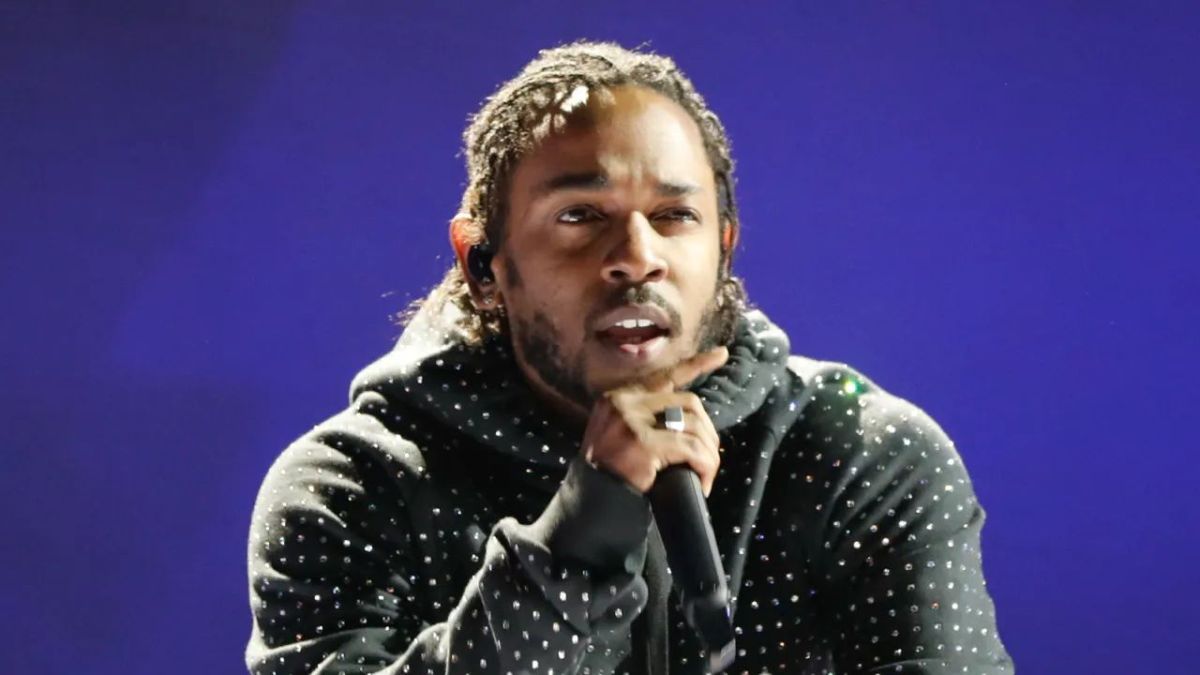
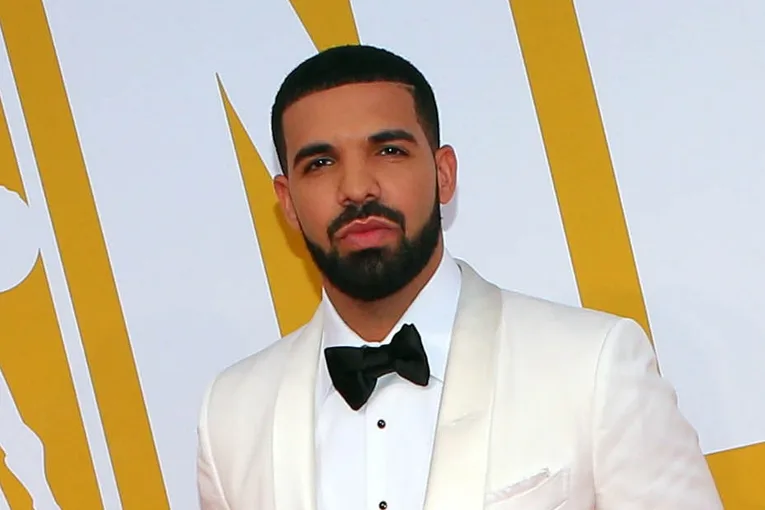
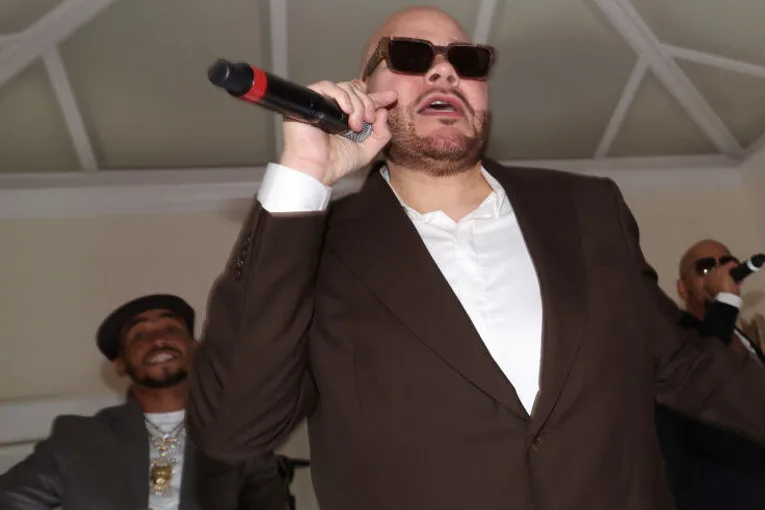
COMMENTS
Leave a comment